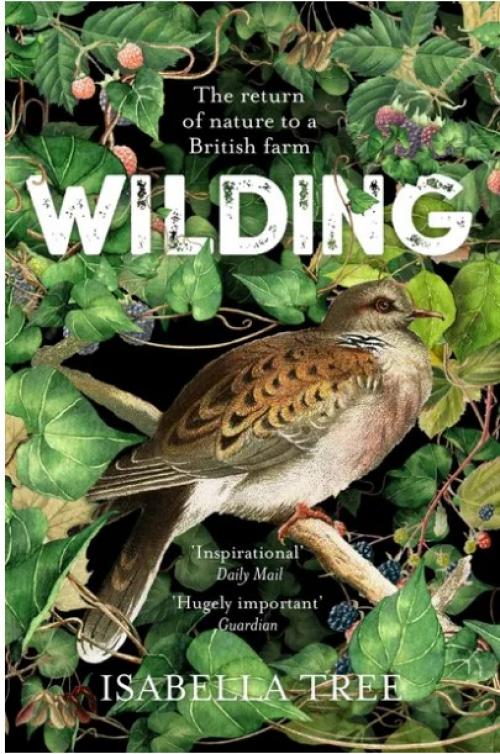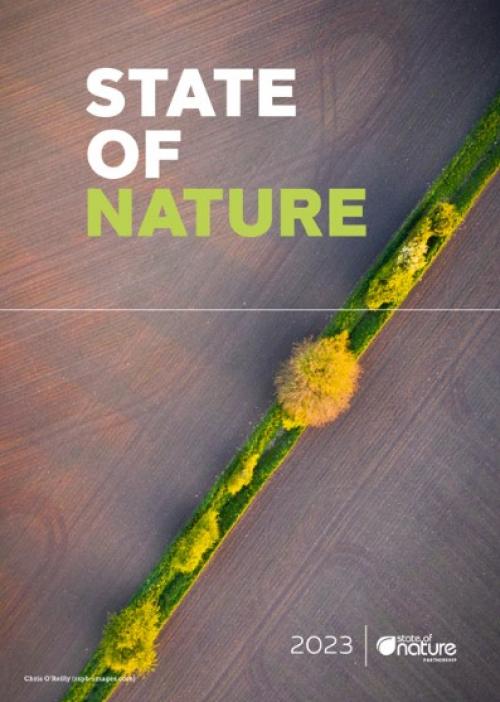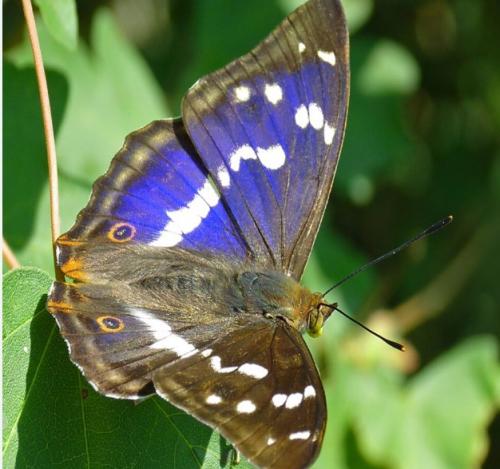Laurel's Blog
Why “Wilding” by Isabella Tree is the most important book I read in 2023.
It's taken me 5 years to pick up this gem of a book. Informative, insightful and full of interesting concepts if, like me, you haven't read it yet, add it to your list for 2024.
It was the concepts in the book that really gave me pause for thought and are the reason the book has been such an important read for me.
"Wilding" introduced me to the debate about what a wild landscape in the UK could have looked like and why it is so critical to the Rewilding debate. What should habitat and landscape scale rewilding be aiming to achieve? Is it a forested landscape – and if so, what does the word forest mean? A close canopy landscape of ancient woodlands or a more mosaic habitat including scrub? Isabella argues that scrubland was the original forest - oak trees are the clue - and that this messy and ever changing environment is critical to our native wildlife, but doesn't fit with our neat and tidy image of the English Landscape.

Sliding Baseline Syndrome (SBS) was a completely new concept to me and, as I discovered, is a central concept in this year's UK State of Nature report (https://stateofnature.org.uk/ ). SBS is a threat to nature because it leads to an acceptance of a nature depleted landscape as normal. One of the reasons for this is the limit of data sets. Many data sets for species numbers started in the 1970s, so we see statements such as “97% of water voles have disappeared from our landscape in the last 50 years”. What this doesn’t account for is the reduction in water vole numbers before 1970.
As well as limits in data, Sliding Baseline Syndrome affects what people consider a “natural” landscape to be. Older people may remember water voles and feel their loss from the landscape but for younger people their absence is normal. It is that shift of what feels normal that is a threat to nature. People who grow up with heavily nature depleted landscapes consider them to be the norm for nature and don’t feel the loss of nature as strongly. I remember the prevalence of Greenfinches and Bullfinches in my childhood garden, sadly birds that my own children haven’t seen.


Few books have given me so much pause for thought. What should I read next? Do let me know your recommendations.

